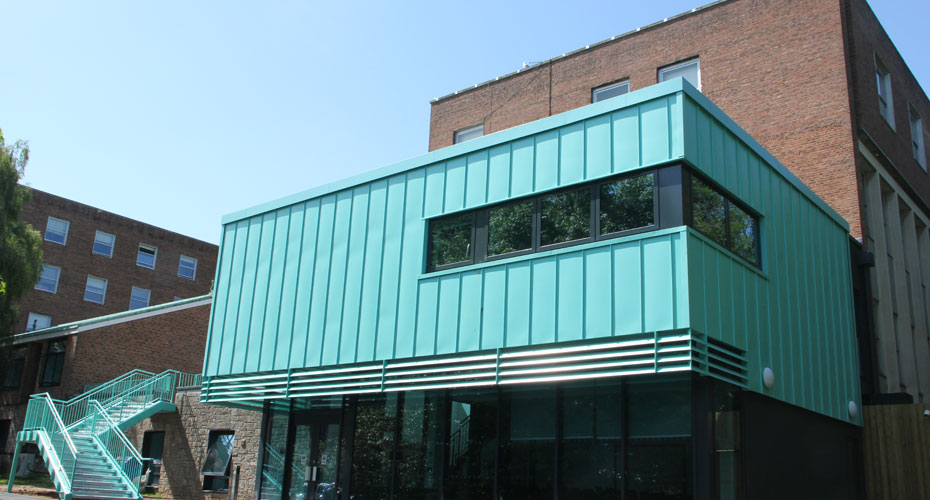Working with you
As a world-leading research University, we have much to offer heritage sector organisations in terms of expertise, facilities and collaborative potential. We invite our partners to get involved in all aspects of the University, to stimulate debate, contribute to strategies around sector development and support future opportunities. Intrinsic to our collaborative relationships is an ongoing dialogue to ensure a progressive alignment of ambitions and management of expectations. We work with you in the following ways:
The Innovation, Impact and Business (IIB) Heritage Lead is your point of contact for initial enquiries and feedback.
For useful resources, information about current projects, and details of sector-relevant events and opportunities, seminars, lectures and workshops, please take a look at our News and events. Additionally, a calendar of University-wide events, some of which are open to the public, can be found here.
We collaborate with organisations at all levels – regional, national and international. In the current funding and policy climate, there is a growing need for co-working, co-production and taking an interdisciplinary approach. Our Heritage Network is well placed to broker relationships between the sector and the University, and is a valuable tool for facilitating partnership collaborations.
To discover the ways in which we can collaborate with you, visit our Exeter Innovation page.
As a research organisation, we are judged on the new knowledge that we co-create and the impact this research achieves (aligned to the Research Excellence Framework – a system for measuring the quality of research in UK Higher Education Institutions). To this end, we work closely with our collaborative partners to ensure the research outcomes are world-leading.
- Project proposals and development will be treated in confidence and, where necessary, Non-Disclosure Agreements (NDAs) can be drawn up to protect partner interests.
- To fund such research partnerships, we primarily seek to co-apply for funding with partners to research councils, trusts and charitable bodies with relevant calls.
- In more limited instances, there may be internal funds that we can co-apply to access and will guide you through the appropriate process. Match funding by partners will strengthen such bids.
- Where partners are applying to fund specific projects themselves and wish to incorporate academic services/research into their bid, we will try to offer in-kind contributions if possible, but for most robust applications, it is advisable to allocate a budget. This may involve costing a piece of contract research or consultancy work into your bid, for which the University can provide a quote.
- Letters of support can also be provided to partners with bids that are aligned to the University’s research agenda and where we can add value.
Our students are a valuable resource for our partners; similarly, we consider practitioner input to be vital in translating graduate skills and potential to applied-sector practice. The University has a role to play in developing ‘continuing professional development’ (CPD) alongside the heritage sector. Find out more about placements/internships and PhD studentships.
We welcome the opportunity to co-create projects with external partners from an early stage, so that goals and outcomes can be defined collaboratively, and consideration can be given to mutual interests from the outset.
Co-created projects and subsequent grant applications to fund them can lead to more creative and innovative ideas, as well as reduced project costs by sharing resources, facilities and capabilities. Co-creating projects from an early stage also helps to align timescales, expectations and partner KPIs, and fosters an environment of inclusive engagement.

